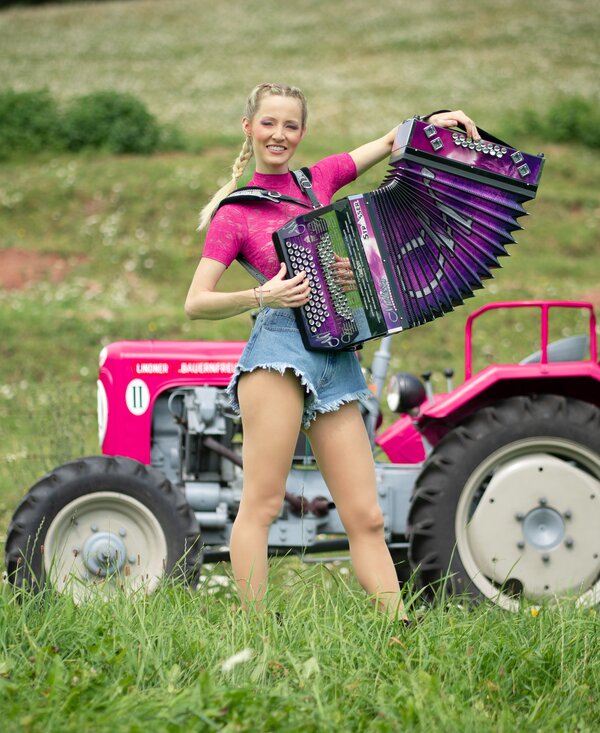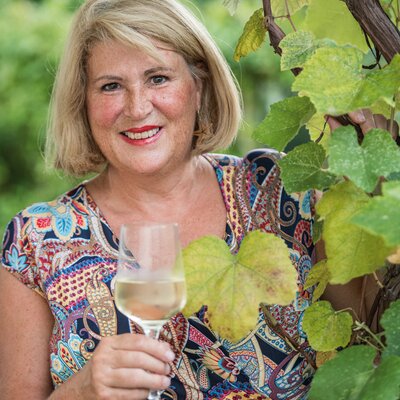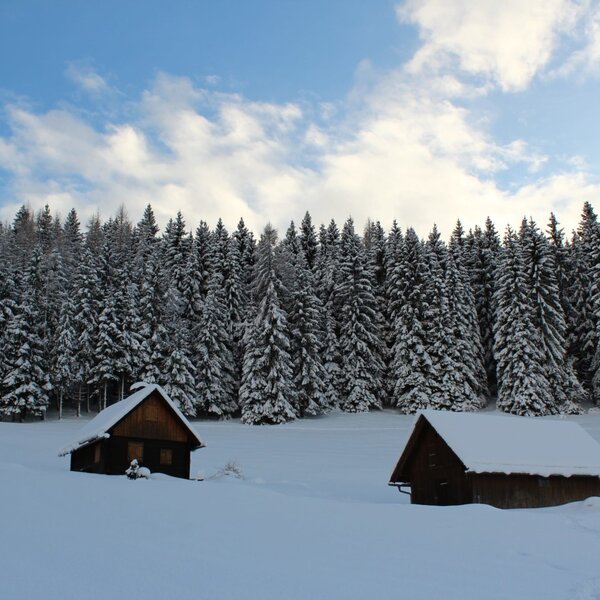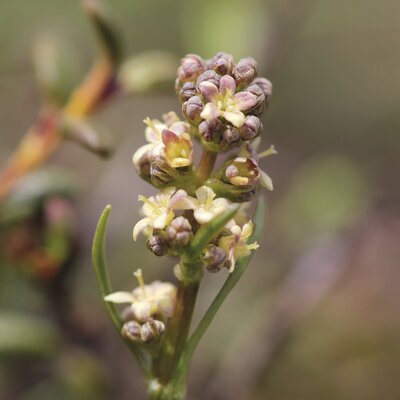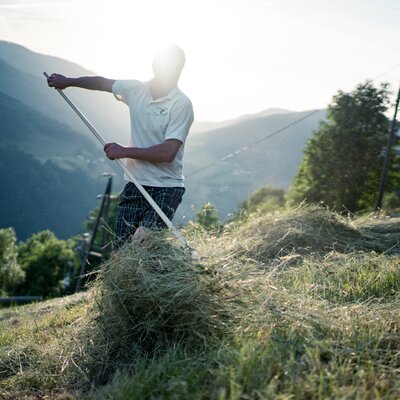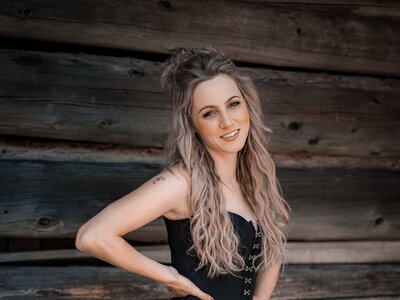
From the mountain farm into space
The son of a mountain farmer, Josef Aschbacher (62), was catapulted from the farm straight into space. He was the eldest son of six children. He was therefore also chosen to take over his parents' mountain farm in Ellmau in Tyrol. Even as a young boy, he stood out for his thirst for knowledge, preferring to read rather than help muck out the stables. July 20, 1969 was a turning point in his young life. He sat in front of a crackling television and the Apollo 11 space capsule landed on the moon in front of him and Neil Armstrong became the first person to set foot on the powdery soil of the "Sea of Tranquillity". The seven-year-old was electrified. Since then, he has been fascinated by space. Part-time jobs and scholarships enabled him to study geophysics and meteorology in Innsbruck. "It was something you could work with in space," said Aschbacher in an interview with News magazine. But his desire to become Austria's first astronaut came to nothing. As is well known, Franz Viehböck flew into space instead.
Then things went in quick succession. After his dissertation, he joined the ESA, taught earth observation methods in Asia, developed the EU earth observation program known as Copernicus in Italy and was the first Austrian to hold a director's post at the ESA. In between, the son of a mountain farmer published over 100 highly regarded publications. In December 2020, he was finally appointed Director General of the ESA. He was the first Austrian to take up the high office on June 30, 2021. He never minces his words. When he saw the destruction of the Amazon on satellite images, he said, according to the weekly magazine Die Zeit: "This is the lungs of the earth and we are cutting them down? That makes you lose faith in reason. The way we are treating our planet is criminal."
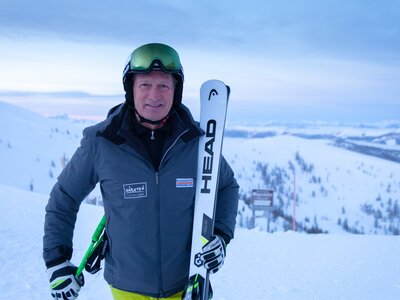
Career humming like a tractor
After a bumpy start, the career of Melissa Naschenweng (32), the daughter of a mountain farmer from Nostra in Lesachtal, suddenly took off like a rocket. Even though the stage, the numerous tours, performances and awards are now addictive, the pretty Lesachtal native with her pink lederhosen and accordion of the same color has kept her feet on the ground. "I'm not a spoiled child and can be happy about little things and moments," she reveals to presenter Vera in one of the numerous TV interviews she has given. "It still makes me happy when I can sit with my 95-year-old grandma, gossip and drink coffee," she says, describing the now rare moments of happiness on the farm at 1,100 meters above sea level, among cows, cats, dogs and chickens. The alpine romance led to songs such as "I steh auf Bergbauernbuam", "Traktorführerschein", "Glück", "Ned mit mir", which authentically tell of life on the mountain pasture, which she would not want to miss despite her international success. The fact that she sees her homeland as a source of strength is easy to believe. She probably gets astonished looks when she says that she goes to her home barn after a concert and gets the milk fresh from the cow. After all, she learned to milk before she could play the accordion. Despite the hype surrounding her, she never became a party girl. If she hadn't become a musician, she wouldn't have minded taking over her parents' farm in Liesing. But for now, her career has priority and it is humming like a tractor: "Naschenweng has been awarded platinum for the albums "Lederhosenrock" and "Wirbelwind", she has already put the Austrian music prize Amadeus in her Lederhosen bag for the third time and in 2023, one stage performance after the next will follow in German-speaking countries. And yet the singer with the smoky voice follows the call of the mountains: "Even now, I go home as often as I can between concerts."
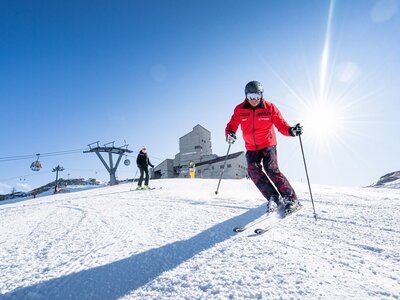
Skis as a babysitter
It seems that children of mountain farmers develop a special ambition and want to show the world what they can do. As a result, they often achieve top performances. One example of this is one of the best skiers in the world, Franz Klammer (69). "My family had a mountain farm in Mooswald. There was a lot of work in summer but plenty of time to ski in winter. My mother put me on the skis so that I could rest. That was a good babysitter," he recalls in an interview. Because there was no lift in Mooswald, he tirelessly plodded up the slopes. He only took the lift for the first time when he was eight years old. Because work always took priority, he only got into racing at the age of 14 when he was in top form. The highs began at 17, when he made the leap from the Carinthian state squad to the Austrian Ski Association. It was in Bad Kleinkirchheim in 1971 that he won his first European Cup downhill. The World Cup slope in the village was later to be named after him. In 1976, he achieved his greatest triumph in Innsbruck. He became Olympic champion in the downhill with a lead of just 33 hundredths of a second over Bernhard Russi. "I knew I was going to win or it would knock me on my ass," he said later in his down-to-earth manner. With 25 downhill and 5 World Cup victories, he became the most successful skier in World Cup history in this discipline. A much-acclaimed film was recently made about his spectacular life (Chasing the line). But what makes the ski racer so special is his authentic nature. Despite his successes, he never took off. Even 38 years after the end of his career, his popularity still extends to America. However, Klammer never wanted to give in to the financial temptations from abroad. "I grew up in Carinthia and like the mentality of the people. Everything is much more relaxed here." He is now a golfer, biker and fair-weather skier and still the "likeable Franze".
Elisabeth Tschernitz-Berger
www.gedankenschmiede.at, 14 Article(s)
